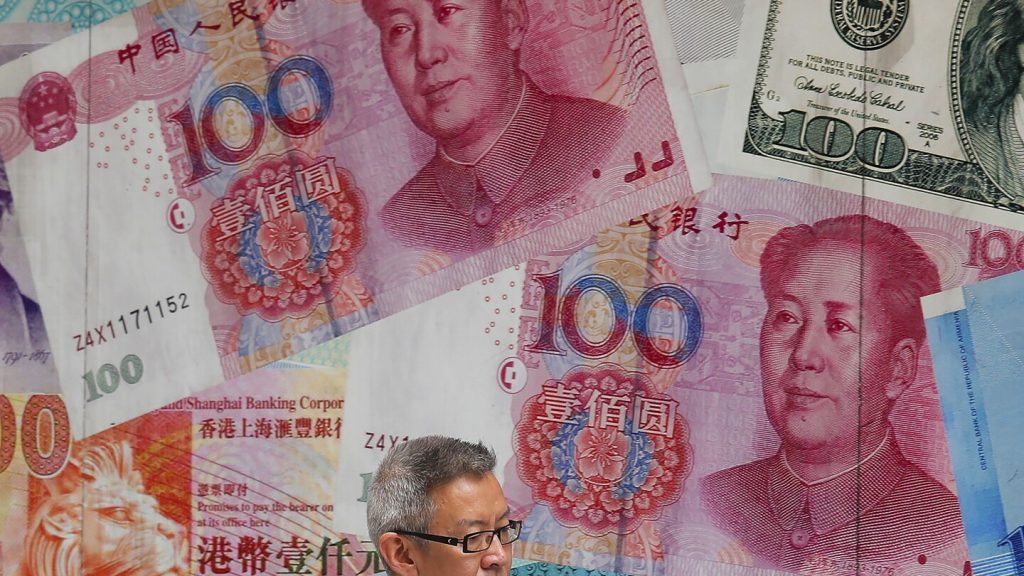Developing economies in Asia are predicted to grow at a rate of 5.0% this year, according to the Asian Development Bank’s report released Wednesday. This slight increase from the previous estimate of 4.9% is attributed to a strong U.S. economy and increasing demand for computer chips that power artificial intelligence. The report also warns of the potential threat of protectionist measures, such as higher tariffs on exports from China, depending on the outcome of the U.S. presidential election. Positive trends highlighted in the report include a rebound in exports of computer chips and advanced electronics due to the rapid adoption of artificial intelligence, as well as moderating energy and food prices, although inflation remains high in some countries.
The surge in global demand for semiconductors and related electronics materials has driven stronger growth in countries like Taiwan, Hong Kong, Singapore, South Korea, the Philippines, and Thailand. The report references data from the World Semiconductor Trade Statistics, projecting a 77% increase in spending on memory chips vital for AI applications this year. Additionally, exports of other products, particularly autos from China and South Korea, are growing rapidly. However, the U.S. presidential election is a significant source of uncertainty, as different policies could impact global trade tensions and have negative spillover effects in developing Asia through various channels.
Asia’s developing economies are vulnerable to potential U.S. actions that could affect their currencies or the cost of borrowing on foreign loans, the report asserts. China’s struggling property market remains a key risk, with growth forecasts for the country set at 4.8% in 2024 and 4.5% next year. The report also mentions the recent measures announced by Beijing to reduce borrowing costs and boost home purchases, which have been welcomed as positive steps. While energy inflation has returned to pre-pandemic levels, alleviating pressures on economies heavily reliant on oil imports, food inflation is slightly higher but falling, with rice prices expected to decrease further due to record harvests in the upcoming growing years.
Food prices are projected to decrease as crops benefit from the La Nina climate phenomenon, which could bring higher rainfall in some regions but also poses risks of destructive flooding. The report also discusses the potential impact of the U.S. presidential election on trade relations, with former President Donald Trump advocating sweeping tariffs to prevent job outsourcing, while Vice President Kamala Harris opposes such measures. The ADB’s chief economist emphasizes the importance of monetary policy expansion in response to economic challenges, highlighting the need for continued monitoring of developments in the region. Overall, the report emphasizes the positive economic trends in Asia’s developing economies, while acknowledging the potential risks and uncertainties ahead.















